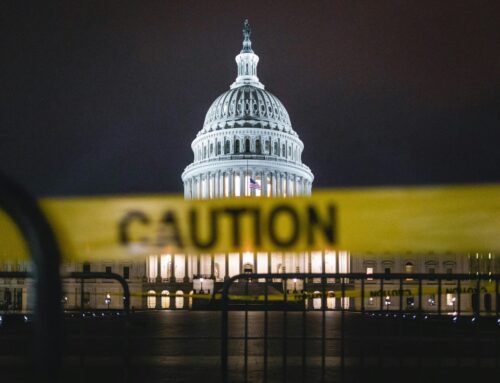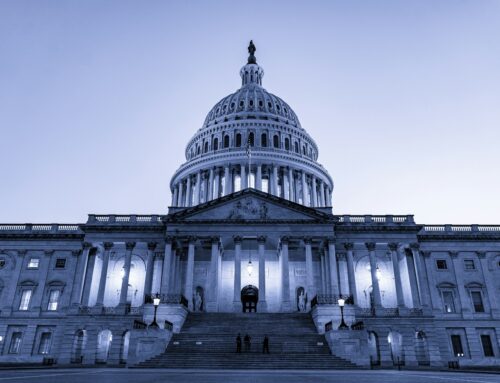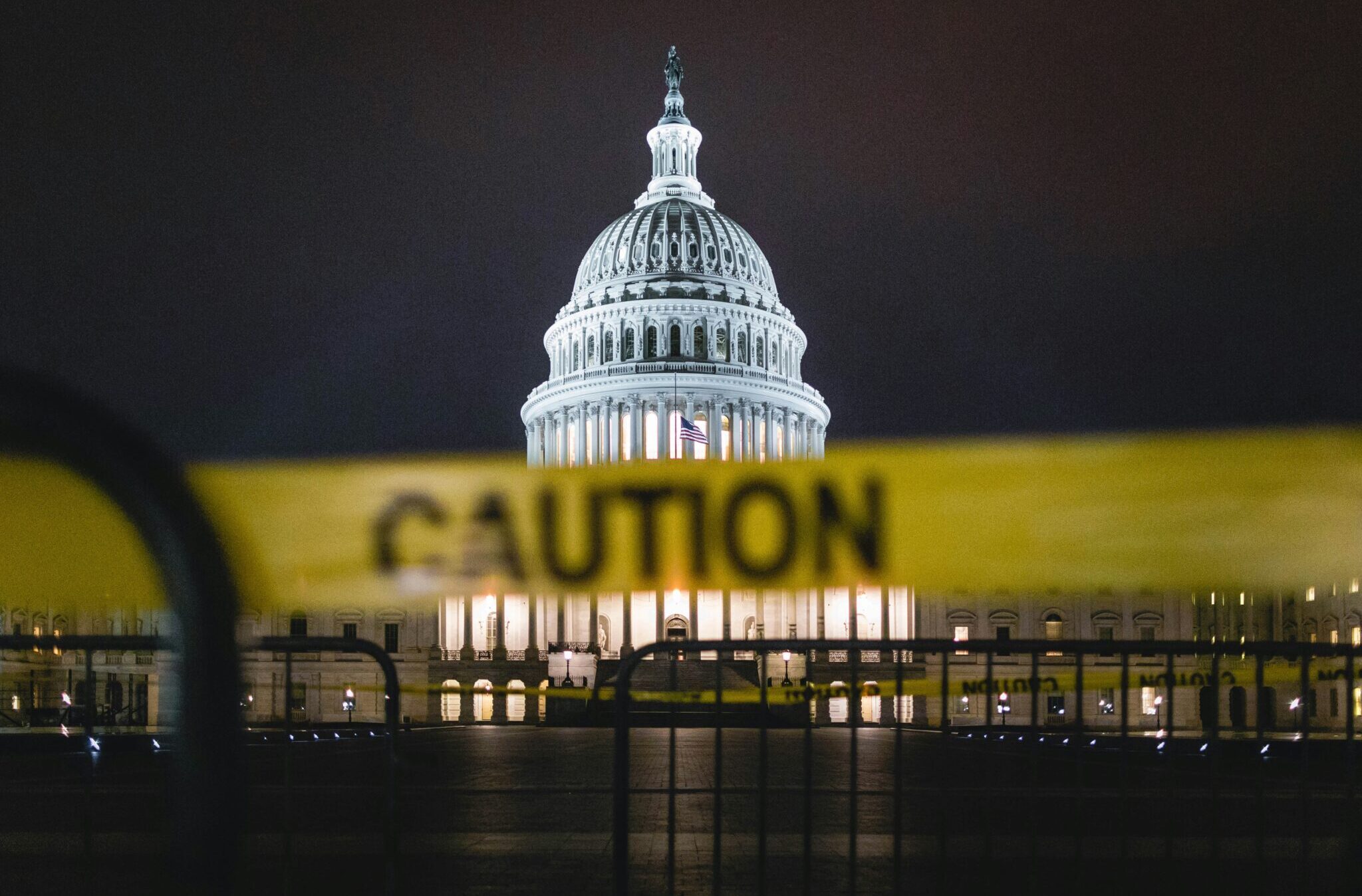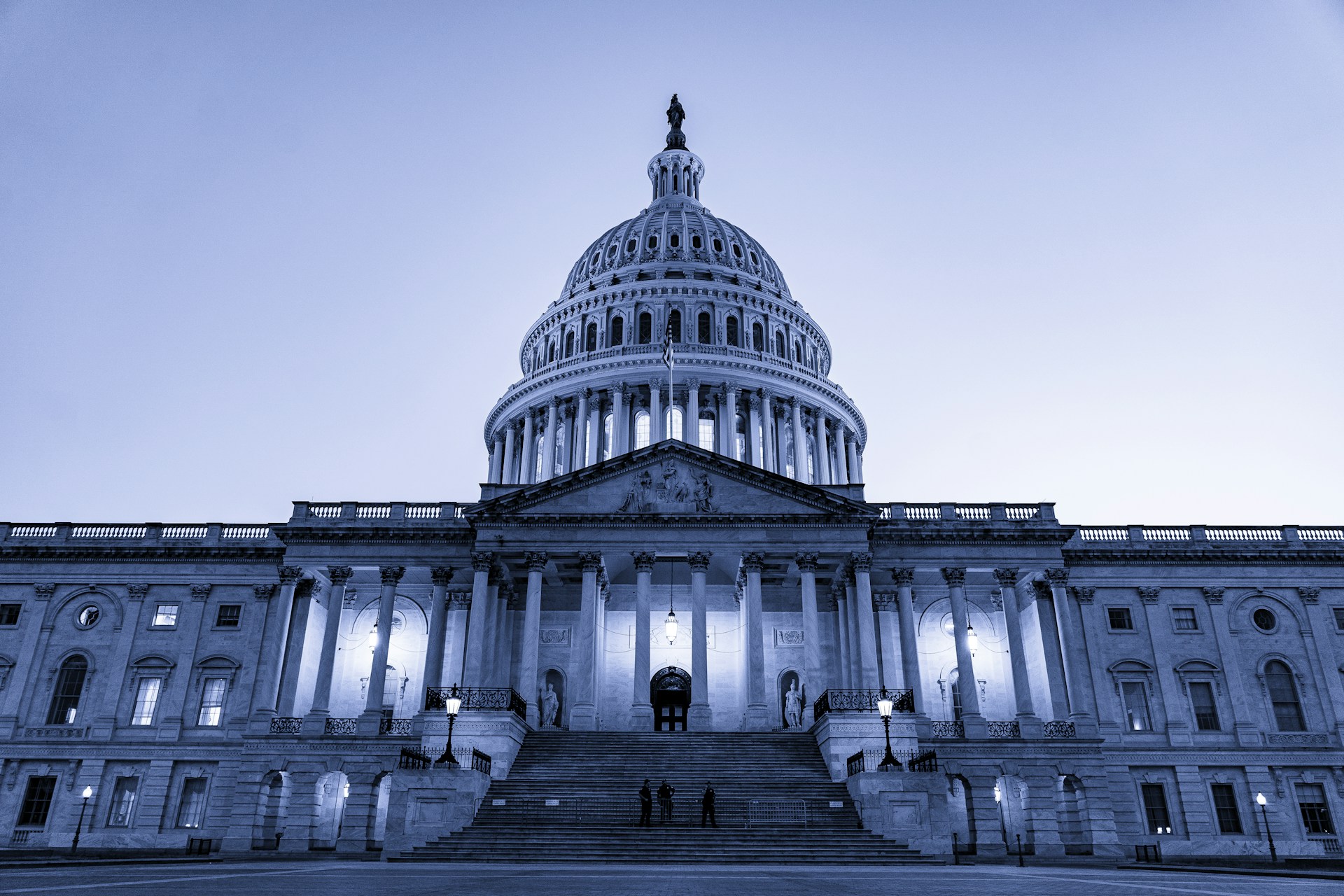On March 17th, the Senate Appropriations Energy and Water Development Subcommittee held a hearing on the FY2016 budget requests for the Bureau of Ocean Energy Management (BOEM), Office of Natural Resource Revenue (ONRR), and the Bureau of Safety and Environmental Enforcement (BSEE). Lawmakers discussed topics including offshore energy leasing, oil and gas revenue collection, and taxpayer royalties. Testimony was heard from Abby Hopper, Director of BOEM, Vice Admiral Brian Salerno, Director of BSEE, and Gregory Gould, Director of ONRR.
In her opening statement, Abby Hopper discussed BOEM’s requested $1.8 million budget increase for risk management strategies, which she said would help her agency prevent taxpayers from being liable for costs if private industry fails to meet its fiscal responsibilities for ocean energy development. Gould highlighted ONRR’s commitment to collecting every dollar due to the public, and assured lawmakers that ONRR is working to implement GAO’s recommendations for ensuring a fair return for taxpayers for oil and gas produced on federal lands.
Rep. Benishek (R-MI) questioned Gould on where ONRR directs oil and gas revenues, to which Gould responded that a little more than 50% is directed to the Treasury, and the rest goes into different funds such as Land and Water Conservation (LWCF), a historical preservation fund, and to states for infrastructure and schools. He further clarified that 27.5% of revenues go to coastal producing states as part of the Gulf of Mexico Energy Security Act (GOMESA).
Rep. Beyer (D-VA) expressed concern that the U.S. isn’t investing enough in offshore wind production, asking why investment by BOEM in new technology is delayed. Hopper answered that BOEM views successful offshore wind viability as a 3-leg stool, explaining that federal regulations (tax incentives), state policy, and the right technology all have to be in place in order for it to work.
TCS believes that misguided tax incentives like the wind Production Tax Credit (PTC) don’t produce cheaper energy, are inefficient, and are unprincipled tax policy. We believe an across-the-board cut to all energy subsidies would help level the playing field. We are also concerned that investing billions on unproven energy technologies with uncertain commercial potential unnecessarily puts taxpayers at risk in cases of default. TCS has long argued that taxpayers must receive a fair return for resources extracted from public lands and waters, and we hope that as the appropriations process moves forward, important reforms to make the royalty collection system more transparent, fair, and accountable are included.










